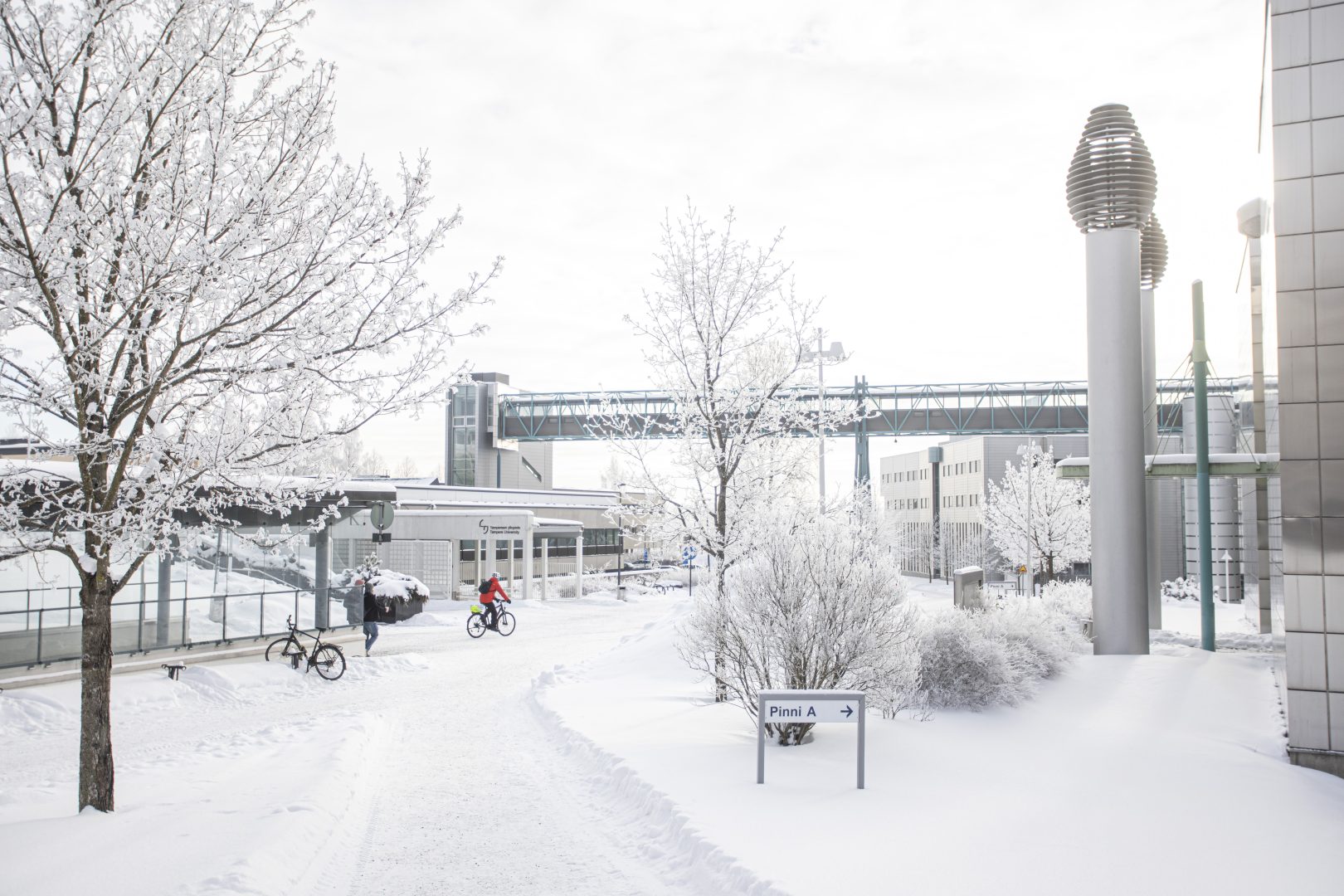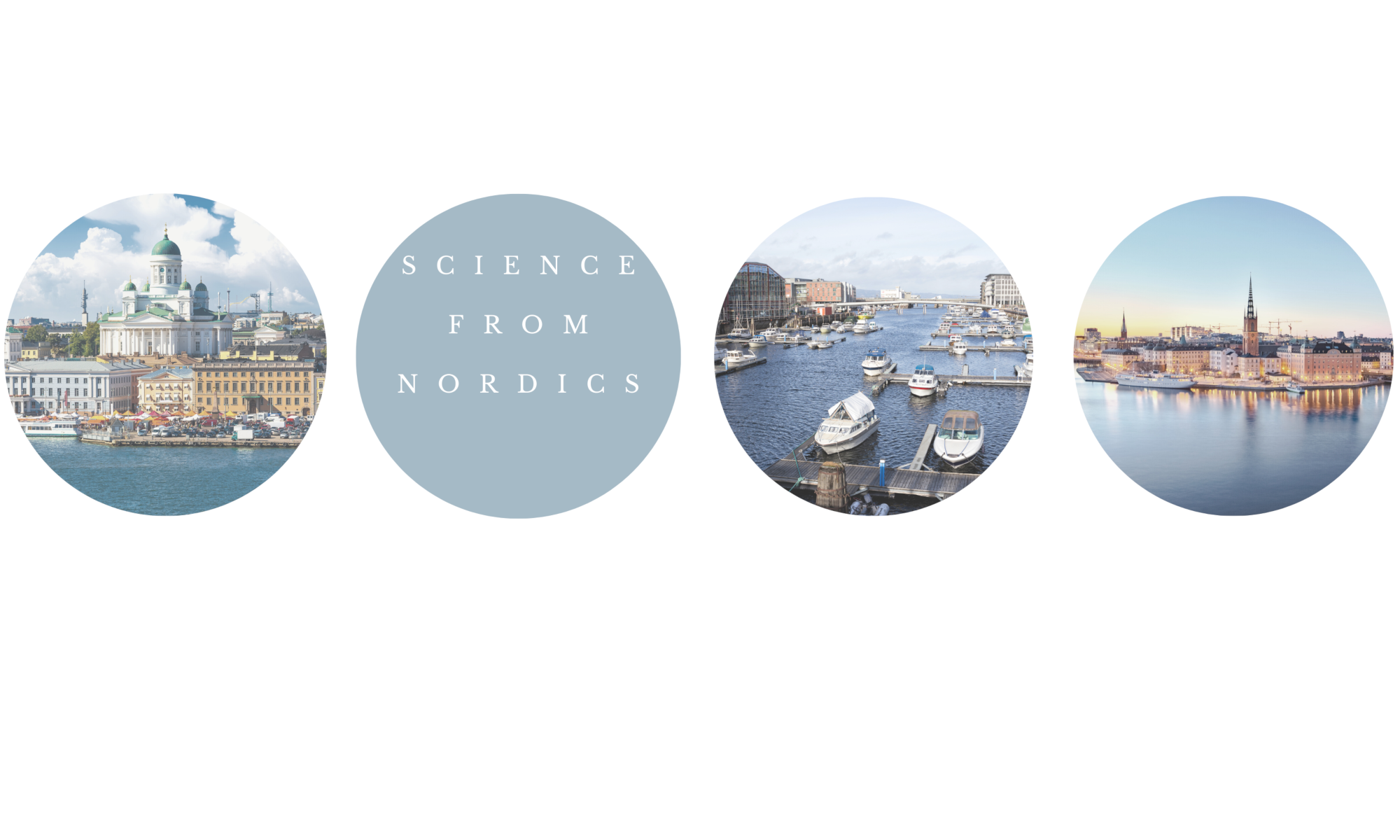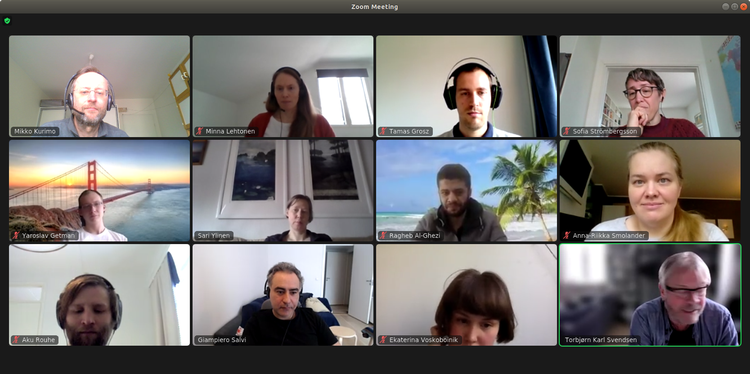Author: trainee Kamilla Hyytiäinen, Tampere University

Greetings from Tampere!
One of the Finnish research partners of the Nordic Teflon project is based at Tampere University. In this blogpost you will get a brief introduction to the city of Tampere, the university and its various fields of science as well as the local research participants of the Teflon project and their academic achievements.
Nordic cooperation between Sweden and Finland dates back to the Swedish era in the 18th century, when the city of Tampere, among other cities in Finland, was established by King of Sweden Gustav III in 1779, on the bank of The Tammerkoski rapids. Today, Tampere is the third largest city in Finland and the largest inland centre in the Nordic countries with roughly 238 000 inhabitants. Tampere has been an industrial pioneer in Finland since the very beginning and is still the centre of Finnish industry today. Versatile research, education and cooperation between companies and universities have maintained and developed the competitiveness of the region’s industry.
At Tampere University, multidisciplinary research is conducted across the boundaries of fields of science with over 2,800 researchers. The focal areas of research lie in the fields of health, technology and society. In addition to basic research, new fields of research emerge at the university including e.g. gamification, augmented reality and sustainable cities. Multidisciplinarity is well represented in the Teflon project group: we consist of specialists in the field of logopedics, neuroscience, speech technology, language pedagogy and linguistics.
Sari Ylinen has been working as an Associate Professor at Tampere University since August 2021 and she is currently leading the Teflon project group in Tampere. Ylinen has comprehensive experience in project management: she has previously coordinated various research projects funded by Academy of Finland, Business Finland and University of Helsinki. In addition to managing research projects, Ylinen has extensive work experience as a neuroscientist for over a decade and she has specialised in brain plasticity in language learning, among other things. In recent years, she has studied articulation with the help of speech technology and gamification, which she aims to apply to children’s language learning and correcting their pronunciation errors.
Other Teflon project members in Tampere include a language technologist and research assistants. Anna Smolander has worked in Ylinen’s projects for several years as a language technologist developing digital platforms for various learning difficulties. The Teflon Tampere research team has two research assistants, Kamilla Hyytiäinen and Saara Telinkangas, who are eager to familiarise themselves with how international research projects operate. Telinkangas studies Scandinavian languages and politics and is finishing her Bachelor’s degree while Hyytiäinen is an English and Swedish teacher student in the Master’s programme. The main tasks of the assistants include analysing Swedish speech samples produced by Finnish children in order to develop the speech recognition for language learning applications.
We are all looking forward to diving deep into the world of digital language learning with our fellow Nordic partners and aim at scientific breakthroughs together!
Sources:
https://www.tampere.fi/en/city-of-tampere/information-on-tampere.html

